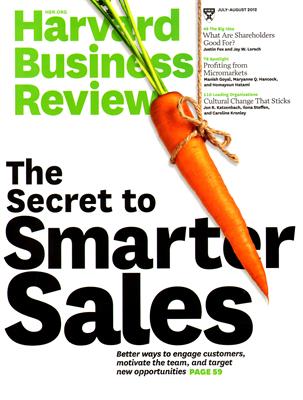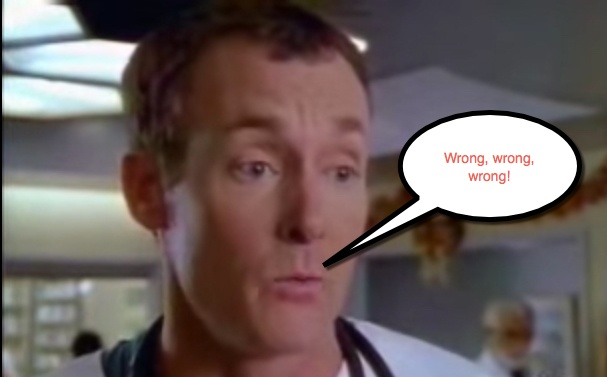HBR
-
Why Do You Think That Harvard Business Review Does This When it Comes to Sales?
- November 18, 2016
- Posted by: Dave Kurlan
- Category: Understanding the Sales Force

The most recent example of Harvard Business Review and sales stupidity came earlier this month when they ran an article on social selling being the solution to prevent salespeople from becoming obsolete. I wrote this article on LinkedIn bring it to light and differentiate fact from fiction.
-
Has the Sales Profile of an A Player Changed Dramatically?
- February 3, 2016
- Posted by: Dave Kurlan
- Category: Understanding the Sales Force

Recently, a number of readers asked me to review two articles which they thought were right up my alley. Apparently they thirst for one of my specialties – poking holes in articles that are just plain wrong about hiring salespeople. It’s not that I enjoy ripping articles apart, it’s just that I don’t have any tolerance for authors who either don’t know what they are talking about, don’t have any science backing them up, or use examples that can’t be replicated across industries, markets and geographies. Shall we dig in?
-
Now That You Have a Sales Process, Never Mind
- October 16, 2013
- Posted by: Dave Kurlan
- Category: Understanding the Sales Force
Here’s the premise: Companies that have been rigorously enforcing sales process should stop doing so because it is resulting in longer sales cycles, decreased conversion rates, unreliable forecasts and depressed margins. So they say. Here are some of the many problems with their premise:
-
Disagreement Over Sales Leadership Best Practices?
- July 17, 2012
- Posted by: Dave Kurlan
- Category: Understanding the Sales Force
When sales leaders initiate the questions, how do they differentiate best practices from stupid practices?
-
Revealing Study of Salespeople Makes News at HBR
- October 5, 2011
- Posted by: Dave Kurlan
- Category: Understanding the Sales Force
This article has my first reaction to the Challenger Sale after news of the book first appeared in HBR back in 2011.
-
Harvard Business Review Blog Post Gets Salespeople Wrong
- August 9, 2011
- Posted by: Dave Kurlan
- Category: Understanding the Sales Force
The Blog at the Harvard Business Review recently ran this article about the top seven personality traits of successful salespeople. Thanks to Peter for sending this along to me.

